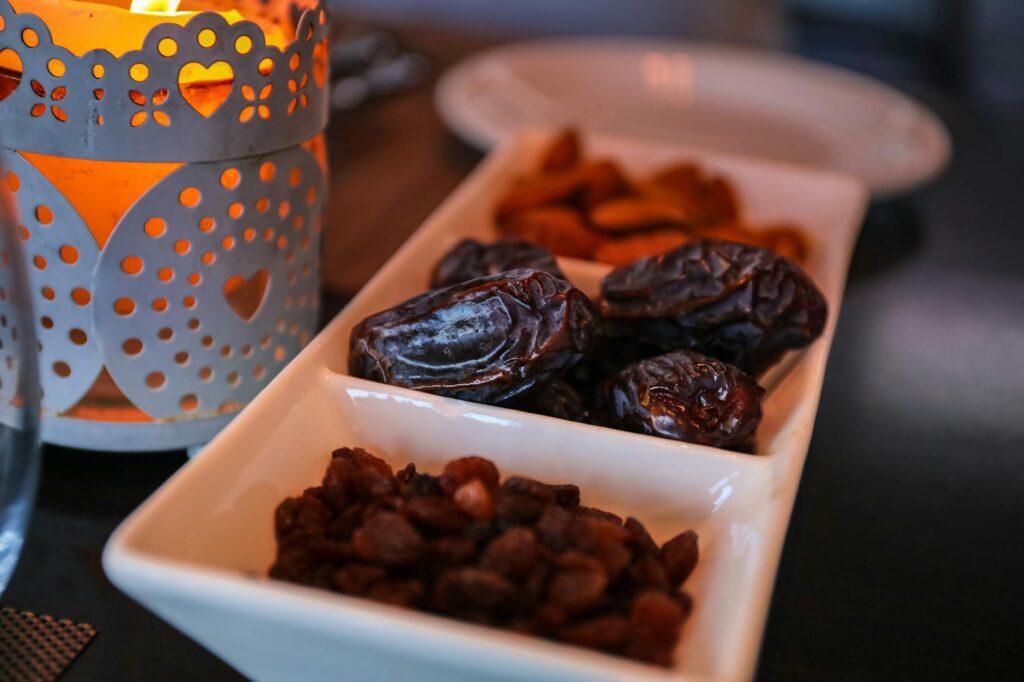What Do Muslims Do After Ramadan? A Closer Look at Post-Ramadan Traditions and Spiritual Practices
Ramadan stands as a month of reflection, prayer, and deep spiritual renewal for Muslims worldwide. When it ends, the transition is not just about returning to regular routines. Instead, it’s about carrying forward the spiritual momentum into everyday life. How do Muslims keep this motivation alive? The answer blends worship, community, and self-improvement—guided by faith and tradition.
Eid al-Fitr: The Festival That Marks the End of Ramadan

Eid al-Fitr, meaning “Festival of Breaking the Fast,” is the joyful celebration that concludes Ramadan. This event is more than just a holiday—it’s a global signal that an intense period of devotion has closed, and a new phase begins.
Muslims start Eid with a special congregational prayer at mosques or open areas. The morning feels electric, as everyone dons their best clothes and heads out early, greeted by friends and relatives. Before the prayer, giving charity called zakat al-Fitr is required. This practice ensures that even the less fortunate can join in the celebrations.
After prayers, families gather for festive meals. Traditional foods, from sweet dishes to regional favorites, take center stage. Homes buzz with visitors, laughter, and sometimes the lively exchange of gifts amongst children. These moments root Eid al-Fitr as a time of joy and community. For more about how Eid is celebrated around the world, see this resource on Eid al-Fitr traditions.
Continuing Acts of Worship After Ramadan
The energy of Ramadan doesn’t end with Eid. Many Muslims feel motivated to keep habits alive, hoping the gains made in Ramadan spill over into the rest of the year. Keeping up regular prayers, reciting the Qur’an, and even fasting beyond Ramadan help anchor faith in daily life. More advice on maintaining post-Ramadan worship can be found at Advice after Ramadaan.
Fasting the Six Days of Shawwal
One treasured practice after Ramadan is fasting six days in the month of Shawwal, right after Eid. The Prophet Muhammad taught that anyone who fasts these days, along with Ramadan, gains the reward of fasting the whole year. It’s a gentle reminder that spiritual discipline has a place beyond Ramadan and keeps the soul anchored.
Consistent Prayer and Night Worship
Ramadan often inspires people to build stronger prayer routines and take up extra night practices like Tahajjud (late-night prayer). Keeping up five daily prayers and the occasional night worship keeps faith strong and sharp, even after Ramadan’s special environment fades.
Maintaining Spiritual Growth and Good Habits
Many look at Ramadan like a spring cleaning for the soul. After Eid, the challenge is to keep those shelves organized!
Continual Charity and Community Service
Generosity doesn’t pause with Ramadan. Ongoing charity, known as Sadaqah, and Sadaqah Jariyah (which are lasting projects like building wells or schools), help keep the Ramadan spirit alive. Community volunteering, supporting local causes, or simply checking in on neighbors are ways many Muslims aim to give back, as outlined in this guide to maintaining spiritual growth.
Self-Reflection and Pursuit of Knowledge
Looking back at personal Ramadan goals is key to real progress. Many take time for self-reflection right after Ramadan, checking how their habits improved and planning the next steps. Alongside this, there’s a natural push to keep learning more about Islamic teachings, often through online classes, books, or study groups.
Common Traditions and Cultural Practices After Ramadan
Across the Muslim world, cultures shape how the post-Ramadan weeks feel. Some communities hold extended family gatherings, while others host open houses for neighbors. Traditional foods make their rounds, and visits to loved ones continue well after Eid. Each region adds its flavor—whether with music, dress, or food—to the universal spirit of unity and joy, as seen in stories highlighted at Eid al-Fitr Celebration: Traditions and Customs.
Conclusion
The end of Ramadan doesn’t mean the end of worship or spiritual growth for Muslims. Instead, it’s a bridge—moving from focused devotion to lifelong commitment. With Eid al-Fitr as a joyful spark and continued acts of worship, charity, and learning, Muslims aim to turn Ramadan’s energy into lasting change. The goal is simple: make every day reflect the lessons and spirit of Ramadan, growing faith and community far beyond one month. non muslims act when they die
